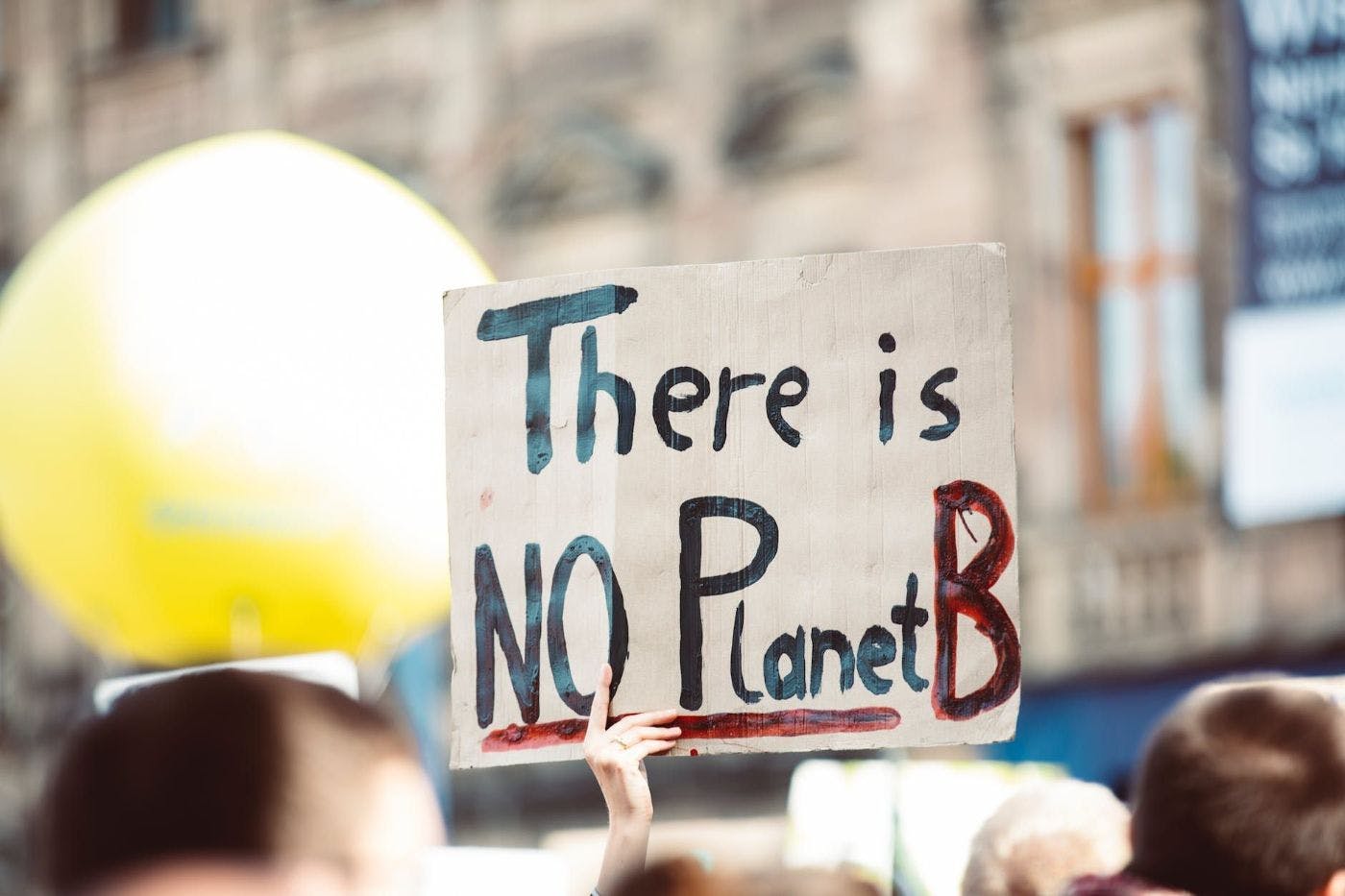734 reads
5 Emerging Climate Tech Startups to Watch in 2022 and Beyond
by
September 10th, 2022
Audio Presented by

Former journo gone tech. Founder of a social impact startup Imii. Communications expert.
Story's Credibility

About Author
Former journo gone tech. Founder of a social impact startup Imii. Communications expert.
